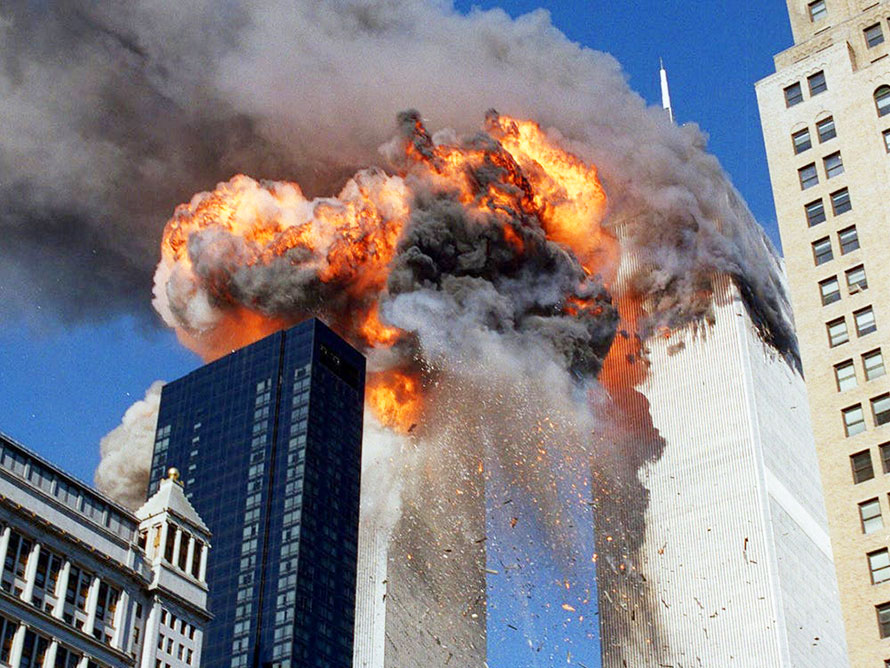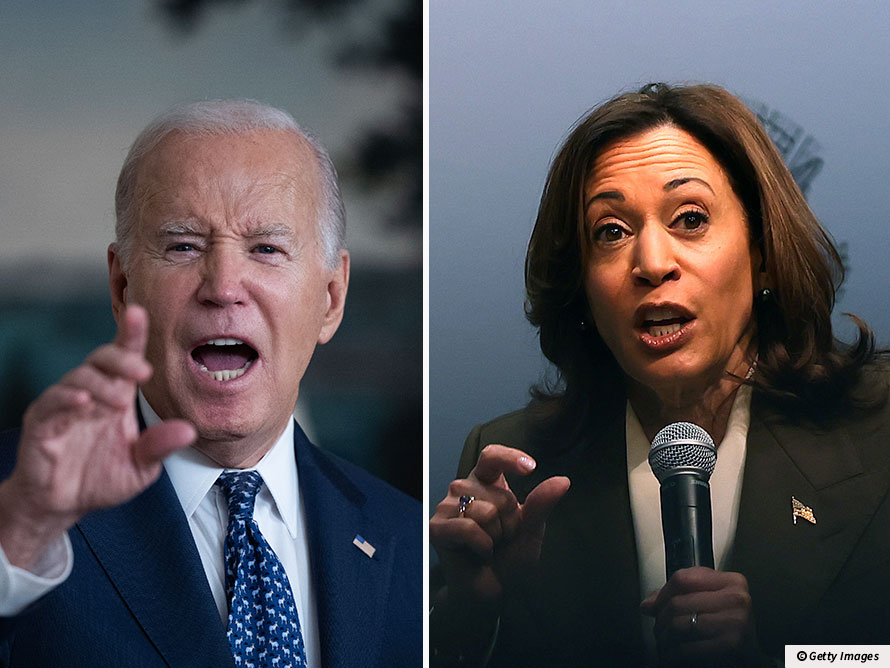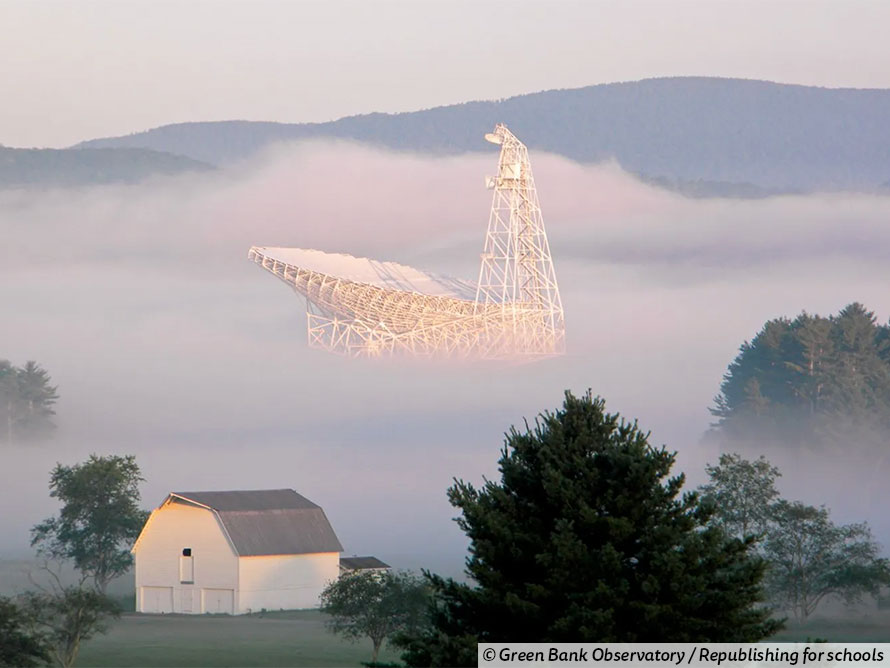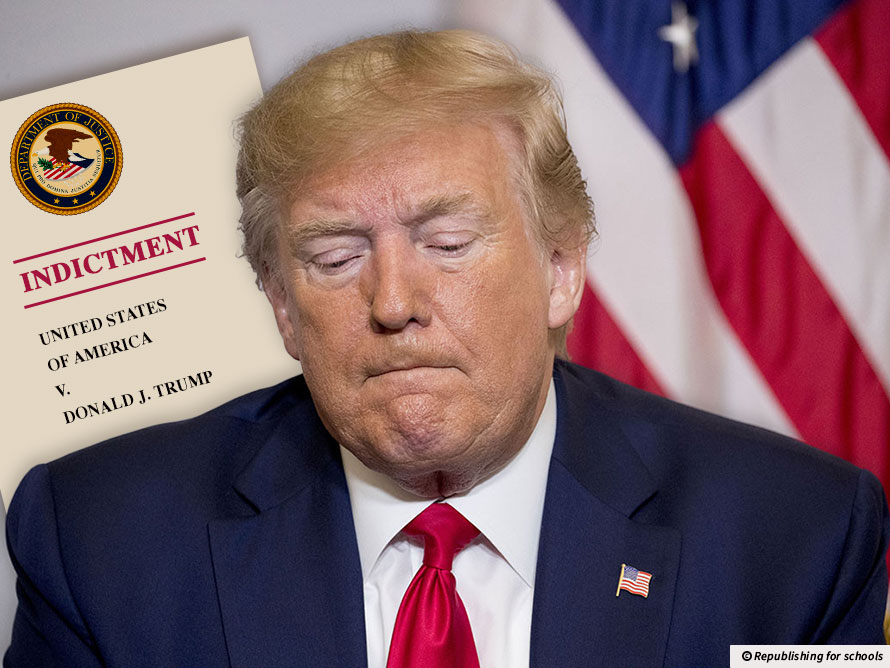Beeline Reader (learn more) uses subtle colour gradients to help you read more quickly and efficiently.
Did bin Laden win? He aimed to end the reign of the West, inflict a deadly blow to American democracy, and involve millions in the conflict. Many believe that he succeeded.
A man plummeting from the 97th floor. A woman, covered in dust, crying out in despair. The mangled twist of steel and iron, barely visible against a dense fog of smoke.
These are the images of 9/11. Click on the link to National Geographic to the right. Take a moment to look at the pictures and let them sink in.
On 11 September 2001, Al Qaeda terrorists hijacked four planes flying across the US. Over two dreadful hours, nearly 3,000 people died and 3,000 children lost a parent. Countless lives lay ruined.
Tomorrow, on the 20th anniversary, thousands will gather worldwide to remember the atrocity. People who were not yet born when the Twin Towers fell will pause and consider how the world has changed.
Al Qaeda’s leader Osama bin Laden had a grand vision. The group was angry about the West’s presence in Muslim countries, but the attack was more than just a one-off retaliation.
They wanted to fundamentally change the world order, forcing America out of the Middle East and uniting every Muslim against the West. Handwritten notes, found at a compound after bin Laden’s death in 2011, reveal he planned to “destroy the myth of American invincibility”.
One of bin Laden’s predictions was a miscalculation. America did not leave the Middle East. Just days after the attack, then president George Bush famously declared: “Either you are with us or you are with the terrorists”. It set the stage for the invasion of Afghanistan, and later the Iraq warA long conflict that ran in Iraq from 2003 to 2011. It began with a US invasion to topple ruler Saddam Hussein. .
Still, many today believe bin Laden’s mission was grimly successful. The US withdrawal from Afghanistan last month ended in disaster. The TalibanA violent fundamentalist Islamic movement that enforces sharia law and denies education to women. reigns once more.
In 2002, 67% of Americans thought 9/11 had changed the nation for the better. Now, 46% believe the opposite.
“Twenty years later, it feels like evil won,” declared one columnist. “In the decade since bin Laden’s death, the results have been plain to see; conflict and instability across the Middle East; more refugee flows into the West; the rise of the surveillance state. Democracy is in peril.”
Some even believe the West is in irreversible decline. The dogged faith that capitalism equals democracy and rights is finally broken. Social media is corroding free thinking.
Meanwhile, other countries are taking advantage of the West’s failures and engineering their own rise to the top. “The West’s 320-year hegemonyThe dominance of one social group or state over others. is over,” wrote one British editor.
But others bitterly disagree. “The liberal, rule-based world order is by no means at an end,” said a German journalist last week. “The values the West rightly believes to be universal remain valid.” Democracy, dignity, gender equality and human rights all still matter.
It may feel like the world we value is falling apart, says columnist Charles Moore, but this is not what people in the West actually want. “And one reason that our civilisation is still powerful is that we, the people, have ways of getting what we want.”
Did bin Laden win?
War on terror
Al Qaeda’s victory is the only conclusion, say some. The US response to the September 11 attacks was a huge mistake. Western values are eroding while extremists around the world are growing in confidence. Bin Laden may be dead, but his mission to divide the world lives on.
The demise of the West is greatly exaggerated, say others. Despite fears, no further 9/11 style attack has occurred on Western soil. The ideals Europe and North America represent still hold global appeal. The chance of jihadists today bringing the US to its knees is almost zero. Democracy and freedom still rule the day.
Keywords
Iraq War – A long conflict that ran in Iraq from 2003 to 2011. It began with a US invasion to topple ruler Saddam Hussein.
Taliban – A violent fundamentalist Islamic movement that enforces sharia law and denies education to women.
Hegemony – The dominance of one social group or state over others.
Cite
While every effort has been made to follow citation style rules, there may be some discrepancies. Please refer to the appropriate style manual or other sources if you have any questions.
















